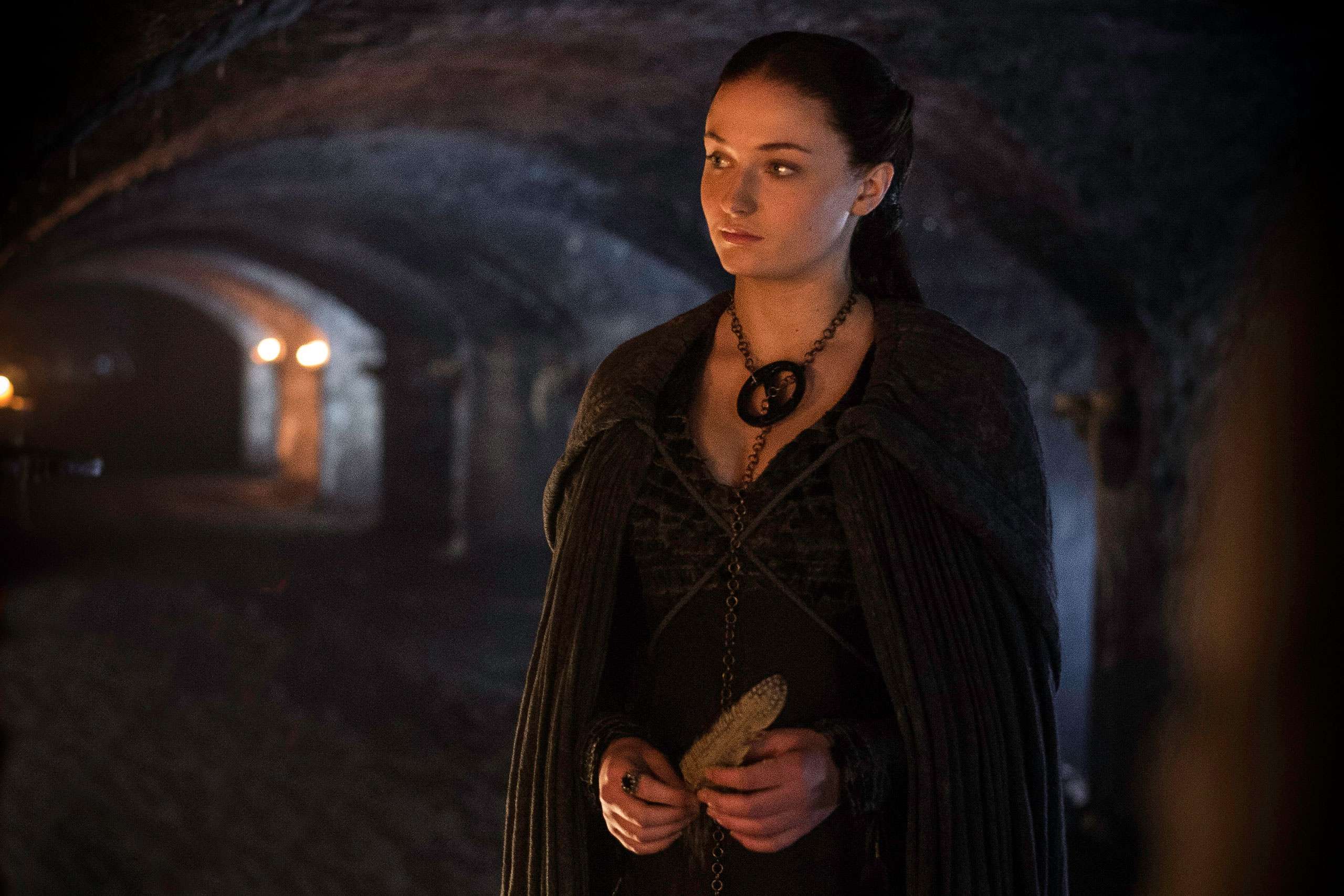Game of Thrones Meets Marguerite de Navarre
Historical views of sexual violence make modern television look remarkably moral and restrained.

You know what was missing from that Game of Thrones rape scene that evoked so much reaction? What was missing was a sense of the historical view of sexual violence. You might reasonably suppose that such arcane subject is not likely to interest many people, much less HBO's large audience. But if the show's producers had really wanted to dismay viewers, they might have skipped the mere violent sex and instead set up a scene with the show's characters expressing some often-remarkable ruling-class views of sex, seduction, violence, womanly virtue, and masculine honor. Twitter would have exploded.
Enter The Heptameron, a 16th-century work attributed to Marguerite de Navarre. The sister of France's Francis I, Marguerite was the queen consort of Navarre, ancestress of the Bourbons, and a patron and protector of Rabelais. She wrote mystical verse, but The Heptameron represents a very different genre. Patterned on The Decameron, it features a group of people (supposedly based on Marguerite's circle at court) telling each other stories mostly about sex (supposedly true stories), and then discussing them. But while the sex in Boccaccio's book is usually amusingly good-natured, the sex in Marguerite's work is often violent.
Rape features in many of the tales. For example, the fourth tale told on the first day involves a gentleman who seeks a liaison with a young widow. When he is rebuffed, he decides to sneak into her bedroom and rape her. She fights him off, and her lady-in-waiting comes to her aid. The gentleman, having failed in his attempt, flees.
The woman storyteller offers this tale as a lesson in virtue and discretion, but one of the men present, Hircan, is disgusted by it.
"It seems to me," said Hircan, "that the tall gentleman of whom you have told us was so lacking in spirit as to be unworthy of being remembered. With such an opportunity as that, he ought not to have suffered any one, old or young, to baffle him in his enterprise. It must be said, also, that his heart was not entirely filled with love, seeing that fear of death and shame found place within it."
"And what," replied Nomerfide (one of the women present), "could the poor gentleman have done with two women against him?"
"He ought to have killed the old one," said Hircan, "and when the young one found herself without assistance she would have been already half subdued."
"To have killed her!" said Nomerfide. "Then you would turn a lover into a murderer? Since such is your opinion, it would indeed be a fearful thing to fall into your hands."
"If I had gone so far," said Hircan, "I should have held it dishonourable not to achieve my purpose."
Note that even the woman in this exchange refers to the would-be rapist as a "lover." As for Hircan (who, by the way, is supposedly based on Marguerite's own husband), his view that rape is an appropriate—indeed, necessary—reaction to resistance features in other Heptameron tales as well. For him, as for other characters, the whole issue is male honor. (Most of the rapists in The Heptameron are actually Franciscan monks and friars, but that's another story.)
Compare all this with The Game of Thrones' attitude toward its rape. There were not multiple points of view about what was going on there: It was presented unambiguously as a violent and evil act. Some viewers objected to being placed in the role of voyeur, but the show's own attitude is entirely moral: the act is an outrage, the perpetrator a villain.
But 500 years ago, we have a very different rape drama. The attempted rape is, from a female point of view, an ill-considered stratagem, the would-be rapist a pitiable "poor gentleman" who is yet a "lover." From a male perspective, he is dishonored and humiliated because he has failed. Even murder would have been justified, and he is condemned as "lacking in spirit" for having neither raped nor killed when presented with "such an opportunity."
Some of The Heptameron's stories have been filmed, but only as bawdy costume yarns. Put the real Marguerite de Navarre on HBO and see what happens.


Show Comments (107)